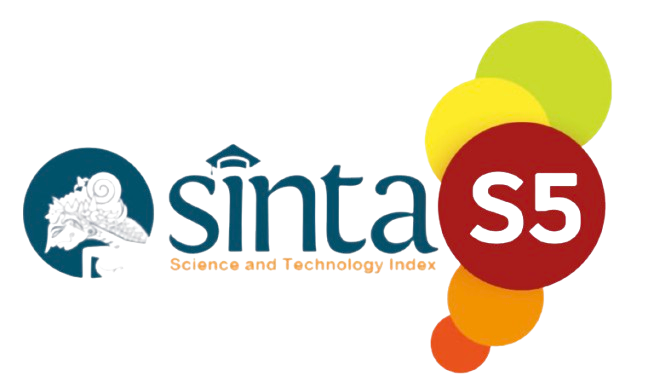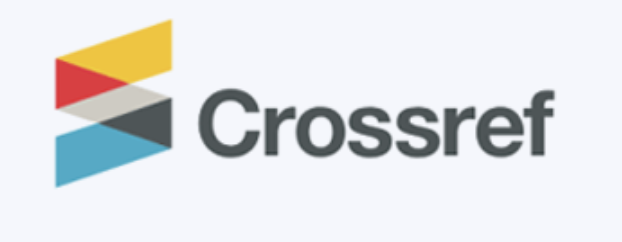The Correlation of Sentence Structure Knowledge and Vocabulary Mastery with Narrative Text Writing Ability in The Middle School Students
Keywords:
Sentence Structure Knowledge, Vocabulary Mastery, Writing AbilityAbstract
This study aims to determine the relationship between sentence structure knowledge and vocabulary mastery with the ability to write narrative texts for class nineth students of SMPN 2 Bandar Mataram. To achieve the research objectives mentioned above, the authors use the correlational method, meaning that data is collected after all the events in question take place. The technique used in collecting research data is an objective test (multiple choice) and a subjective test (written). Research data analysis techniques include normality test, statistical analysis, and research hypothesis testing techniques. Based on the results of the study, it can be concluded that, (1) there is a positive and significant relationship between vocabulary mastery and the ability to write narrative texts, as indicated by a correlation coefficient of 0.598 and a coefficient of positive 0563 (2) there are a positive and significant relationship between knowledge of sentence structure as indicated by a correlation coefficient of 0589 (3) there is a positive and significant relationship between vocabulary and mastery of sentence structure as indicated by the correlation coefficient is 0217.
References
Hastomo, T. (2016, January). The Effectiveness of Edmodo to teach writing viewed from students’ motivation. In Proceeding of International Conference on Teacher Training and Education (Vol. 1, No. 1).
Hidayah, N. (2016). Pembelajaran Bahasa Indonesia di perguruan tinggi. Garudhawaca.
Huri, D. (2014). Penguasaan Kosakata Kedwibahasaan Antara Bahasa Sunda Dan Bahasa Indonesia Pada Anak-Anak (Sebuah Analisis Deskriptif-Komparatif). JUDIKA (JURNAL PENDIDIKAN UNSIKA), 2(1).
Isnaningsih, A. (2016). Pengaruh Metode Pembelajaran Bahasa Melalui Bernyanyi Dan Bercerita Terhadap Penguasaan Kosakata Bahasa Indonesia Anak TK ABA Seropan Dlingo Bantul Yogyakarta. Pendidikan Guru PAUD S-1, 5(7), 714-724.
Isodarus, P. B. (2017). Pembelajaran bahasa Indonesia berbasis teks. Sintesis, 11(1), 1-11.
Pramesti, U. D. (2015). Peningkatan penguasaan kosakata bahasa Indonesia dalam keterampilan membaca melalui teka-teki silang (Penelitian tindakan di kelas VI SDN Surakarta 2, Kecamatan Suranenggala, Kabupaten Cirebon, Jawa Barat). Puitika, 11(1), 82-93.
Setiawati, S. (2016). Penggunaan Kamus Besar Bahasa Indonesia (KBBI) dalam Pembelajaran Kosakata Baku dan Tidak Baku pada Siswa Kelas IV SD. Jurnal Gramatika, 2(1), 80391.
Sneddon, J. (2003). The Indonesian Language. Australia: University of New South Wales Press Ltd.
Widiyarto, S. (2017). Pengaruh Minat Baca dan Penguasaan Kosa Kata terhadap Keterampilan Menulis Eksposisi. Pesona: Jurnal Kajian Bahasa dan Sastra Indonesia, 3(1), 74-80.
Wiyanti, E. (2014). Peran minat membaca dan penguasaan kosakata terhadap keterampilan berbicara bahasa Indonesia. Deiksis, 6(02), 89-100.














